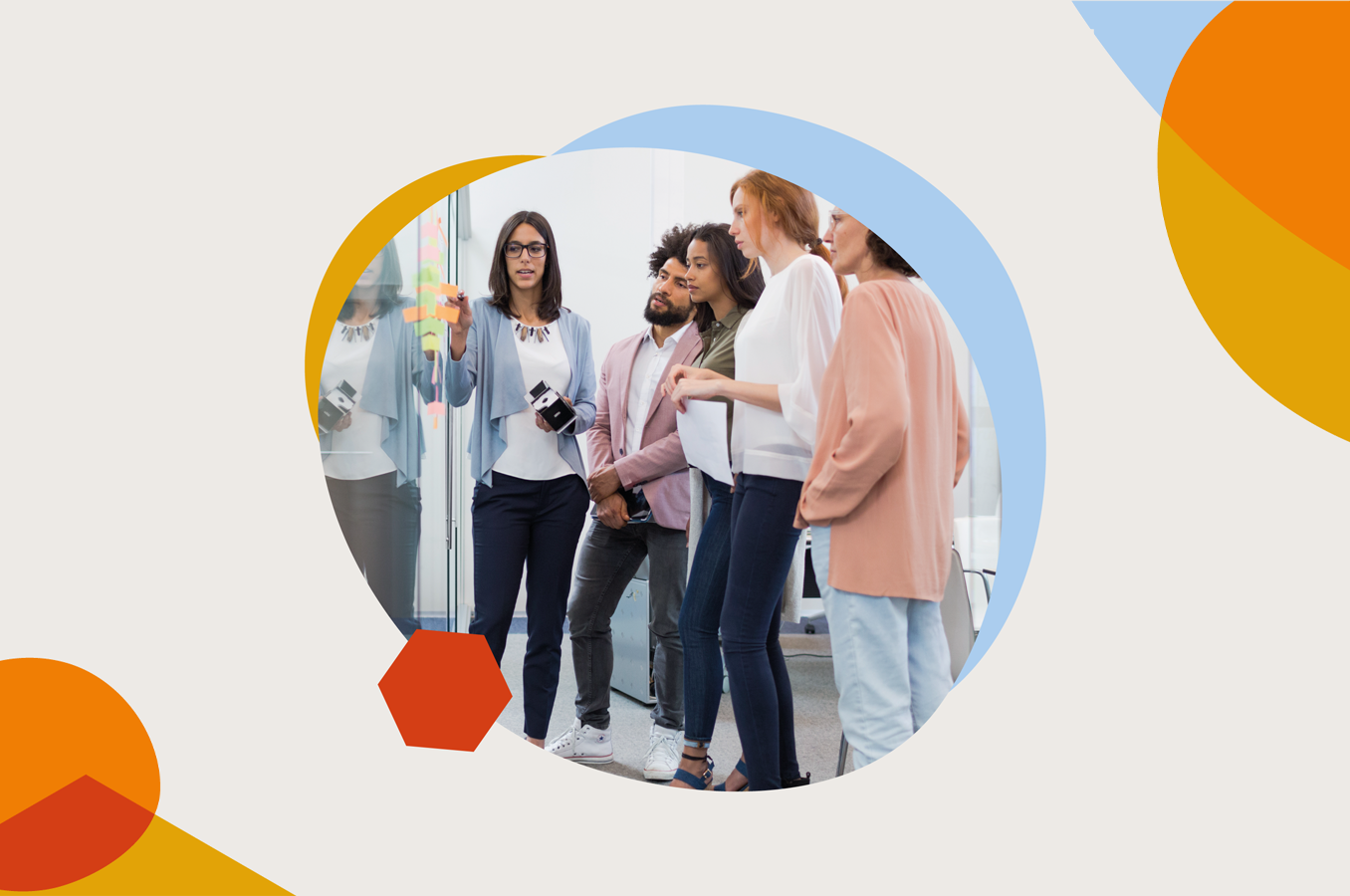Remember that time your boss asked you, "How can I help?" And then delivered on your answer before the close of the business day? Yeah, me neither.
No offense to any of my former bosses. I understand that managers have tasks and deadlines of their own. But, according to empathy expert Mimi Nicklin, this approach can deliver phenomenal results – including in remote teams.
In her book, "Softening the Edge," she calls empathy "the oldest leadership trait," and the question, "How can I help?" lies at the heart of her definition.
"Leaders that can understand those around them and use that to create camaraderie and happiness and teamwork, but also, of course, growth and momentum and profit, are the ones that are really able to make a difference," she believes.
To illustrate the idea of leading with empathy, Nicklin shares what she did as the new leader of a creative agency in Dubai. The business was in the doldrums, so she rolled up her sleeves and set about making changes.
"Empathy's very contagious," she notes. "So I decided to make all the decisions based on people, whether that was my people, my clients, my partners, my suppliers. Whoever it was, I would just put people at the core of everything. It's not always easy to do that, but it's always the right decision, I think."
She started with a questionnaire, asking her team how the leaders could help. What could they do to improve the working environment?
"We got all kinds of answers back, and I would say we managed to execute probably 90 percent of them," she recalls. "Some of them were really small, like, 'Please can we have fresh milk instead of long-life milk in the kitchen?' OK, fine. We'll put in fresh milk. 'Please can we play music in the office because it just feels a bit dull?' Yes, that's absolutely fine. 'Please can we change the lighting?' Sure, we can."
Importantly, Nicklin made those changes immediately. After all, how long does it take to change the milk in the fridge?
"Within a day, it was done, where possible, because it's not about new milk or new music – it's about having leaders that see you, that ask you, 'How can I help?' and then act on that," she says.
Hearing this, I was reminded of the time I applied to be a writer at a small multimedia production company. My final interview was with the company's CEO, who was personable and charismatic. In a show of empathy, she asked if anything was particularly important to me in the workplace environment.
At the time, I was working in a windowless office, with oppressive low ceilings and poor lighting. I told her I felt I'd need natural light to thrive in any new position. She looked me in the eye and said, "Of course." She understood. She was exactly the same. And soon afterward, I was offered the role.
On my first day, I was shown into a dark windowless office, where four people were hunched over computers, looking a bit miserable.
"That's your desk, over there," I was told.
I was genuinely baffled. There must have been some mistake. Natural light had been all but promised. But when I queried this with the CEO, she smiled and talked about limitations of space and the need for all the writers to work together. I fumed silently for days. It wasn't a great way to start a new job.
Perhaps the most important part of "How can I help?" is reacting honestly to the answer, even if it turns out that you can't help at all.
Nicklin agrees. "It's really, really important to ask people before you make decisions," she says. "That doesn't mean you're necessarily able to act on what their choice would be."
"They might want to sit here and you need to move them there, for whatever reason. If you're not able to do what they would like you to do, you've been able to empathize with why they wanted you to do it, and explained to them, and moved forward with that decision openly, in conversation."
My new boss could have told me there was no daylight in the writers' room as soon as the question arose. By trying to be likable in the interview, she missed a golden opportunity to build trust.
Empathy is not just about putting yourself in other people's shoes. It's about walking with them, a little way, too.
Discover fascinating insights from some of the world's leading business figures with our monthly Expert Interviews.
Mind Tools Premium and Corporate members can listen to the full 30-minute interview with Mimi Nicklin in the Mind Tools Club.
If you're not a Mind Tools member, you can join the Mind Tools Club and gain access to our 2,400+ resources, including 200+ Expert Interviews. For corporate licensing, ask for a demo with one of our team.

"For some people, anxiety is a constant companion, even in situations where there’s no obvious reason for it. And it often goes hand in hand with a desire to achieve."
One of the few spaces that can have real impact in improving LGBTQ+ equality is the workplace. But it takes effort; and it's not only up to our LGBTQ+ colleagues. It's up to the rest of us, too.
"Most of us don’t choose our coworkers. Yet we have to get along with them, whether we like them or not."